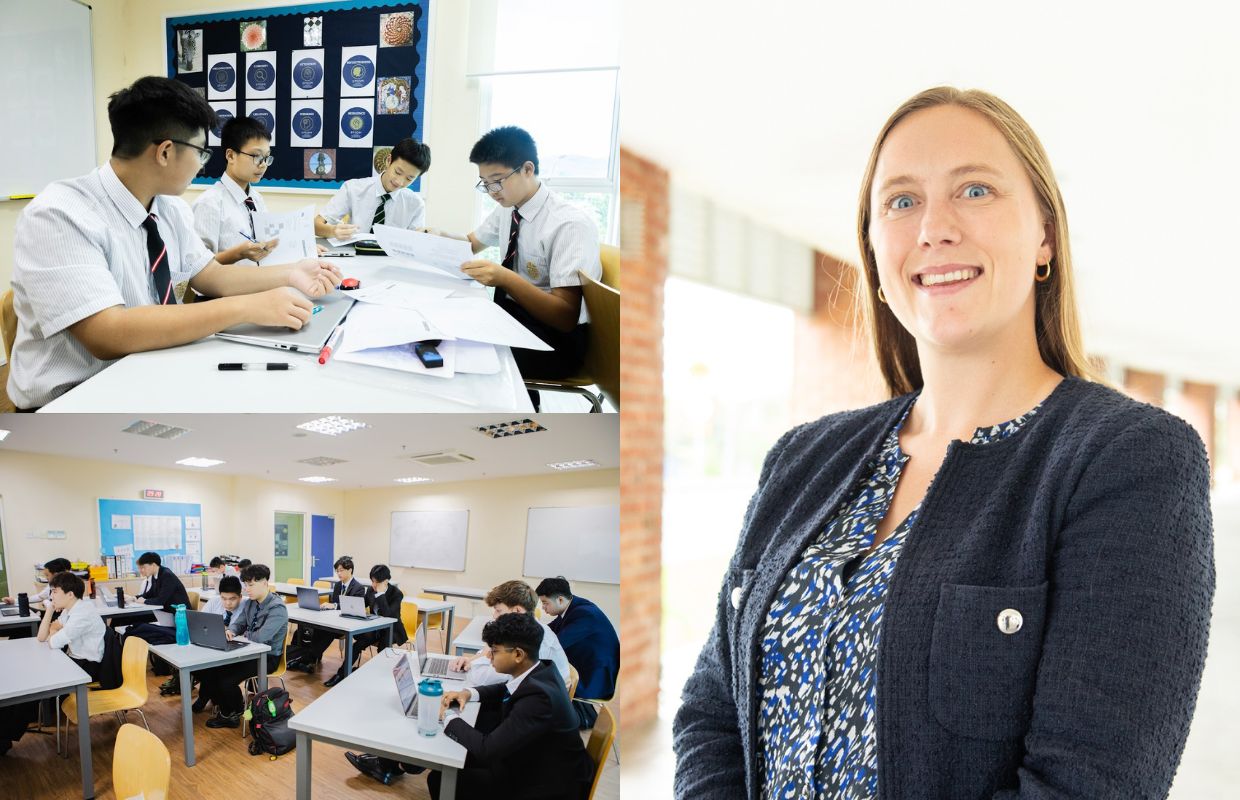Developing Critical Thinking: The Role of Debate and Discussion in English

Critical thinking is an essential skill nurtured through debate and discussion, especially in English literature classes. In our curriculum, we see its application vividly in Year 9 and Year 10 with Dystopian Fiction and Of Mice and Men, respectively, and extend this into KS5 with seminar-style learning.
In Year 9, students are currently exploring dystopian fiction, engaging in discussions that question the nature of dystopian societies and individual agency. As they analyse texts like The Hunger Games and 1984, they debate what constitutes a dystopia and the extent of personal freedom within such worlds. This dialogue not only sharpens their analytical skills but also fosters an understanding of societal structures, prompting students to reflect on their own lives. Questions arise: How much control should we have over our own destinies? These discussions encourage students to challenge assumptions and develop a nuanced understanding of agency in both literature and life.
Transitioning to Year 10, the current focus shifts to John Steinbeck’s Of Mice and Men, where critical discussions revolve around themes of interdependence and independence. The characters’ relationships prompt students to evaluate their own social dynamics. Notably, Curley’s wife serves as a focal point for deeper conversation. While her fellow male characters perceive her as a provocateur seeking attention, a more nuanced examination reveals her as a product of a community that shuns her for her perceived disloyalty and desire for connection. This duality allows students to critically assess gender roles and societal expectations, understanding that representation in literature can be complex and multifaceted.
As students progress to KS5, the emphasis on independent study culminates in seminar-style classes, mirroring university experiences. In Year 13, students are currently preparing presentations on specific poets and their works, such as an of William Wordsworth’s The Prelude, Philip Larkin’s Money and Maya Angelou’s Caged Bird. This approach encourages rigorous analysis and fosters a collaborative environment where ideas are exchanged freely. Students not only present their interpretations but also engage in meaningful discussions, delving into themes like coming-of-age, the connection to nature, the value of material success and liberty.
In conclusion, the role of debate and discussion in English is instrumental in developing critical thinking skills across all year groups. By exploring complex themes in literature, students learn to articulate their thoughts, challenge norms, and embrace diverse perspectives, equipping them for both academic and real-world challenges.
Mrs Georgina Prestidge
Head of English